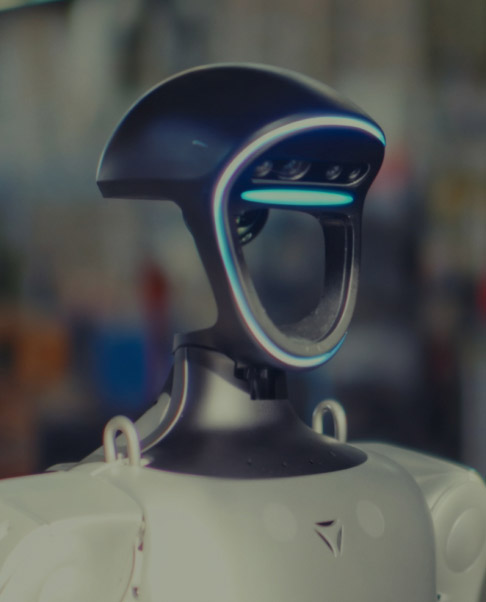peaq’s Robotics SDK | Make Robots Machine Economy-ready – fast
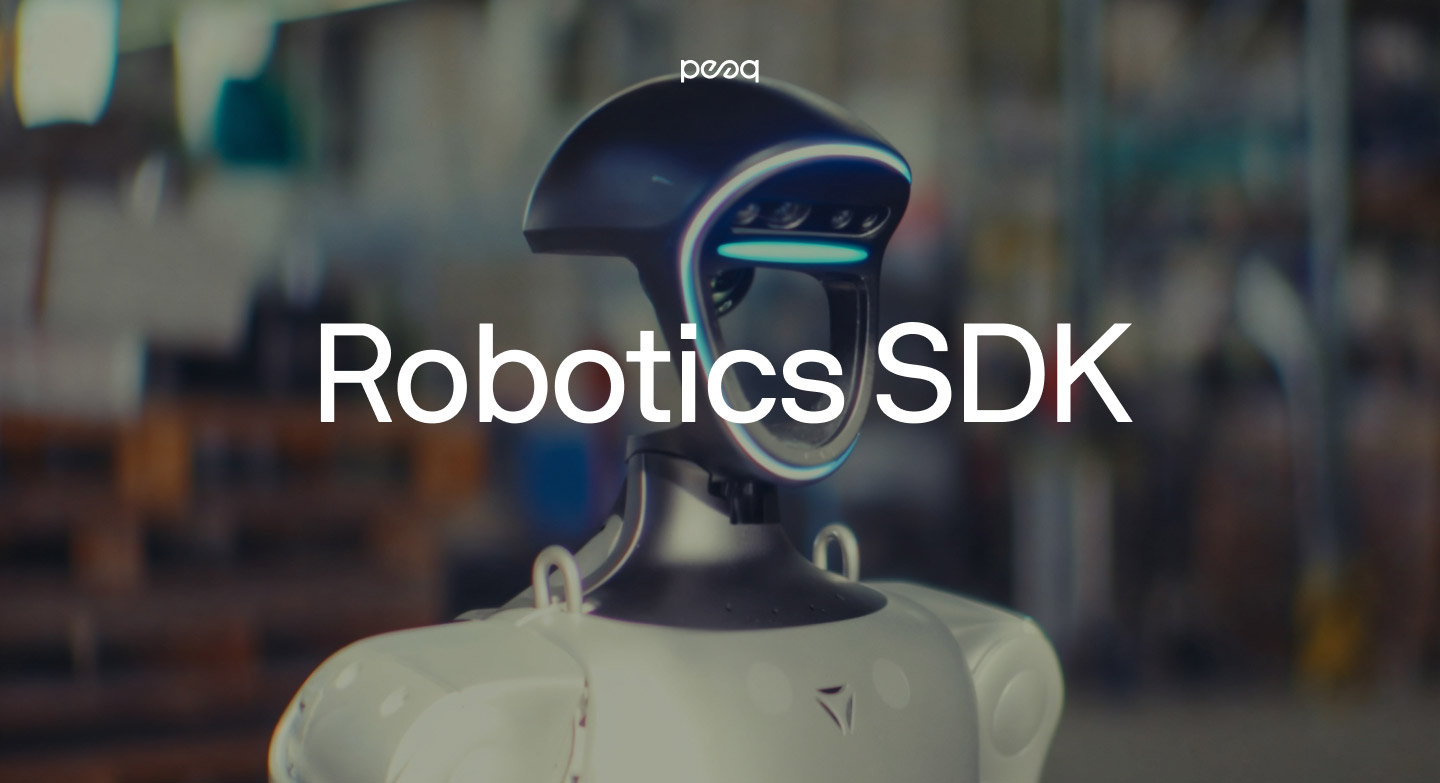
Make no mistake: the robots are here. They have arrived. Their job — to transform entire industries and economies. Whoever you ask — NVIDIA, World Economic Forum, or Elon Musk — you’ll inevitably hear about robots’ boundless disruptive potential. But to work as autonomous agents, not mere tools, they need quite a few things: verifiable identity, payment rails, data verification, and so much more.
In other words, they need peaq’s new Robotics Software Development Kit (SDK).
Robots on peaq
Before we dive into the nitty-gritty of it, the one big thing to know about the peaq Robotics SDK is that it prepares any robot to join the Machine Economy — almost to the same degree that you can. They can get their self-sovereign IDs, pay and get paid, verify their data, and otherwise take part in this peer-to-peer network-economy.
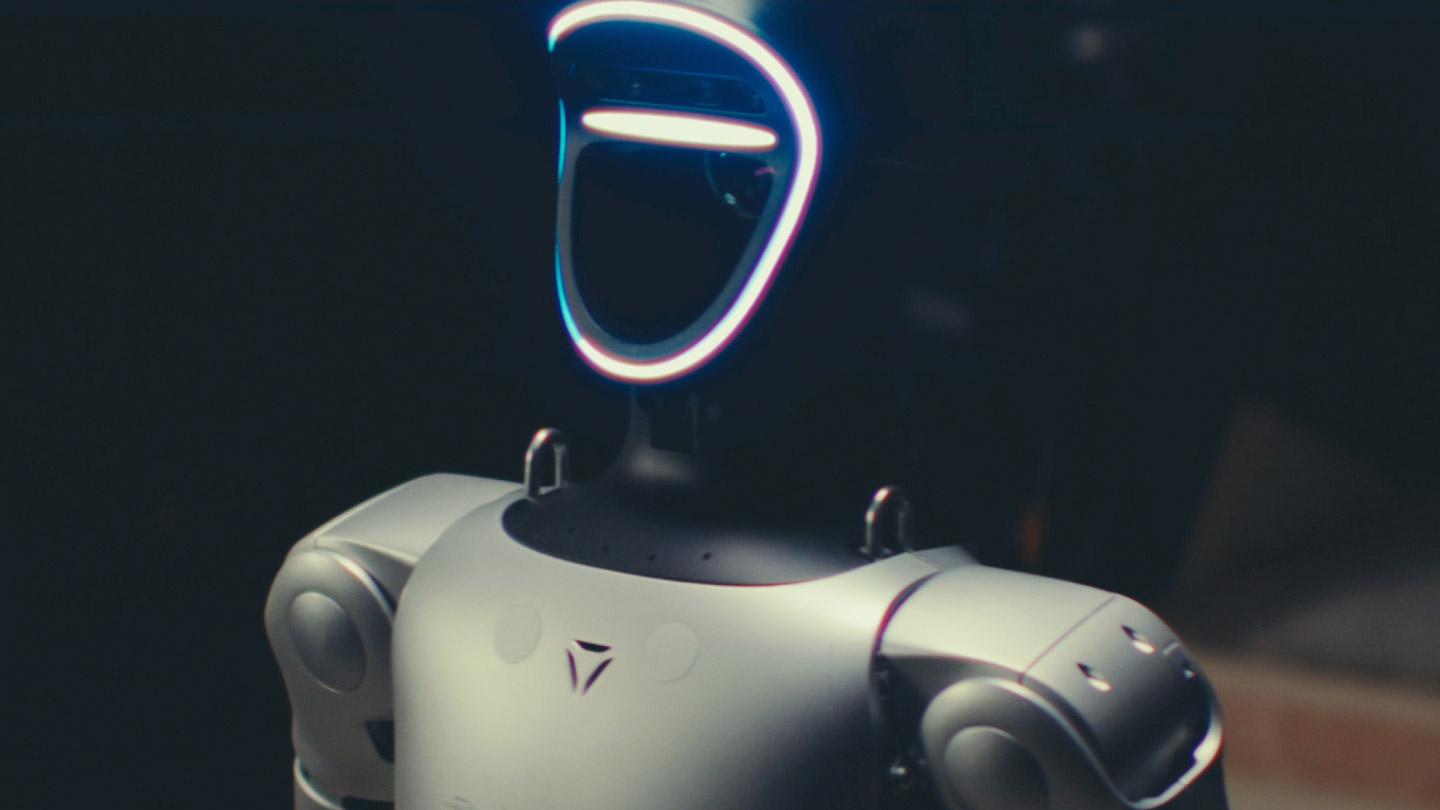
For example, imagine a humanoid robot which freelances across different delivery platforms. It uses its machine IDs to authenticate with the apps like DoorDash and Wolt and gets paid for every gig into its own wallet. While driving around, it consumes live data and navigation feeds (e.g., from MapMetrics or NATIX) while contributing fresh sensor data back to the network. It then goes to a charging station to juice up, authenticates using its ID, and pays for the energy from its wallet. That’s the Machine Economy in practice.
The importance of this is hard to understate, because, at the end of the day, robots aren’t just a pillar of the Machine Economy, but rather among the key participants and agents in it. Their ability to take on more and more roles in more and more value chains means that they will account for more and more economic activity. This goes both for large-scale projects, from entire “dark” factories — “dark” because they’re so automated they don’t need to keep the lights on for humans — to routine, daily things like ordering food or grabbing a coffee.
If this sounds like an industry worth billions, you’re shooting too low. At this point, robotics is almost like a meta-industry, enabling other industries, each worth billions, to do more, faster, and better. That’s why titans like NVIDIA are banking so hard on it—the world’s highest-marketcap company knows what’s up.
peaq’s Robotics SDK: Bringing Robots Onchain
The peaq Robotics SDK is part of peaq’s SDK series for onboarding various machine types into the Machine Economy. It enables any builder to bring robots, including humanoids, onchain and equip them with peaq’s Universal Machine Functions — like identity — laying the foundation for robots to become full economic agents.
The SDK packages peaq’s runtime native Universal Machine Functions and gets constant upgrades as new functions and features are added to the peaq runtime.
In its initial version it comes with:
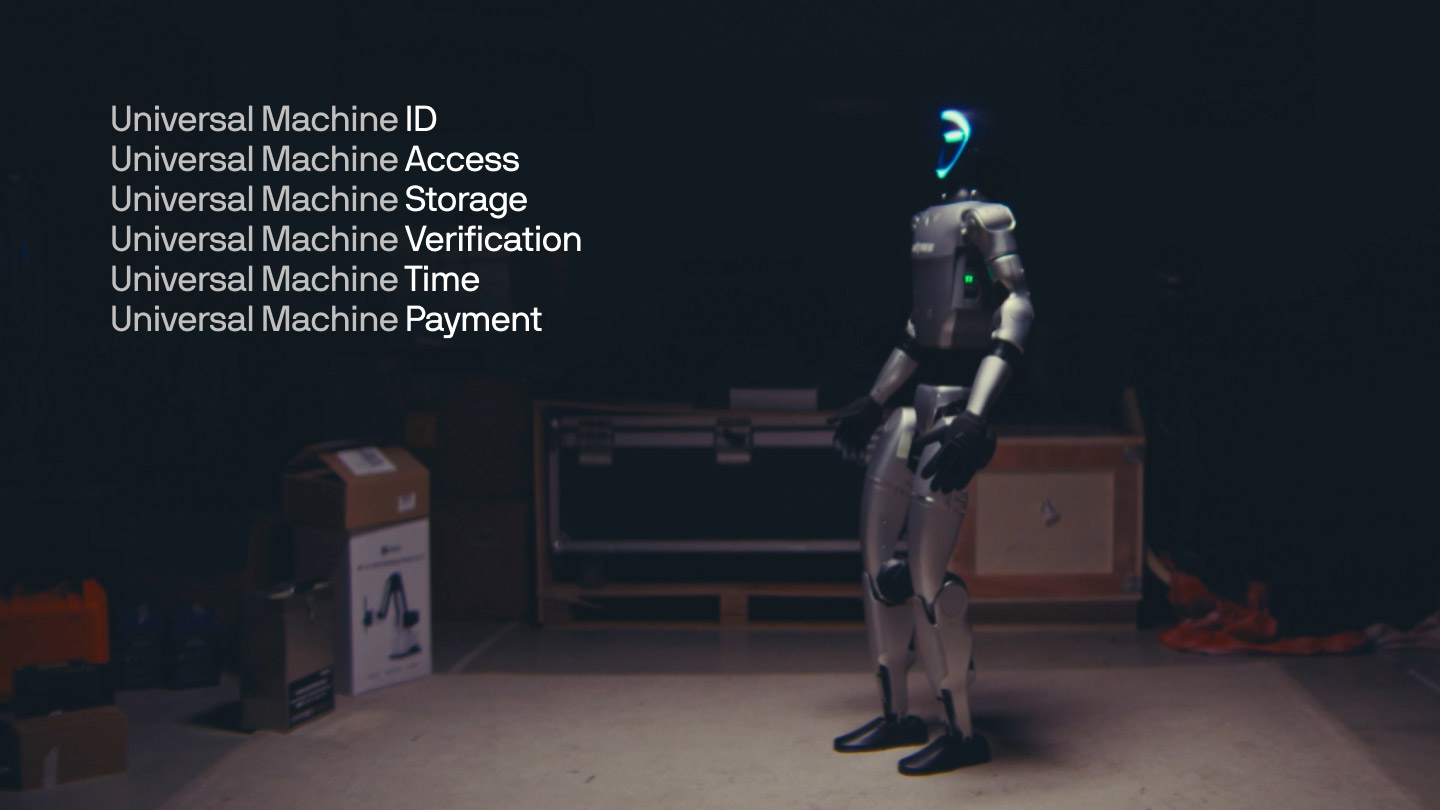
- Universal Machine ID: Lets robots identify one another, as well as people, via unique cryptographic IDs and securely authenticate themselves across various apps in any ecosystem. This also grants builders easy and smooth credentials and key management.
- Universal Machine Access: Lets builders assign roles and permissions for robots and people within their apps, control who can access a robot’s data, and who the robot can interact with.
- Universal Machine Storage: Unlocks immutable storage of robot-generated data, guarantees provenance and integrity of telemetry, logs, and sensor data, enables verifiable records for audits and compliance, and enables robots to sell trusted data on apps and marketplaces.
With the following functions coming soon:
- Universal Machine Payment: Enables robots to pay and get paid for goods and services.
- Universal Machine Verification: Empowers builders to verify robot-generated data, prevent tampering with data on the network, provide trusted data for AI training and marketplaces, and generate secure proofs for compliance and verification.
- Universal Machine Time: Enables builders to sync the robots on their apps to a global, tamper-proof master clock, generate verifiable timestamps for robots’ actions, events and data, as well as long and coordinate all interactions with nanosecond precision.
These functions are being constantly refined and updated based on the evolving industry standards around the world. New functions are being added as well. peaq’s ability to perform forkless runtime upgrades makes updating seamless, meaning robots running the peaq Robotics SDK will always get peaq’s latest versions of Universal Machine Functions.
The Robotics SDK complements the existing most popular stack in robotics, which leverages ROS as the operating system, supplemented by DDS as the internal communications protocol. DDS enables a robot’s components to talk to one another: Pass the visual feed from the cameras to the machine vision program, for example, so it can identify an obstacle and alert the other systems about it.
Plugging Robots in
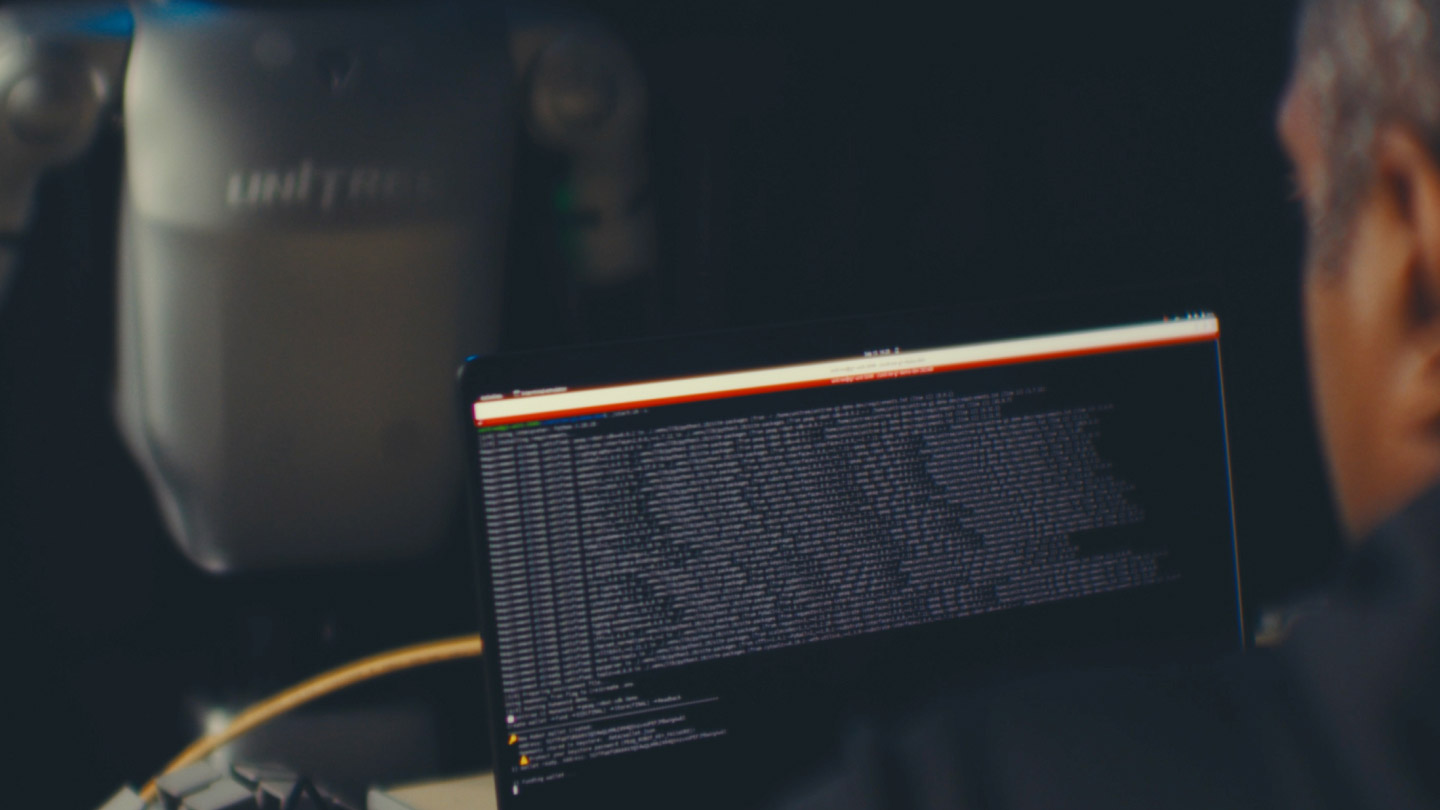
peaq’s Robotics SDK lays the foundation for robots to interact and transact with applications, services, or other agents.
It gives a robot all it needs to provide and monetize the data from its sensors via DePINs on peaq. For example, the robot’s onboard microphones can source local noise data to Silencio, the robot can consume products and services such as energy via an energy DePIN like Combinder or provide or consume spatial data and awareness capacity from OVERtheReality and AUKI.
The SDK is already available for ROS 2 and Python. The current version is compatible with any robot running ROS 2 or Python, including both industrial-grade and hobbyist-oriented robots from manufacturers like Unitree, TurtleBot, HiWonder, and others. To learn more and test the SDK for yourself, head to its dedicated Documentation page.
That’s a lot of functionality packed into one lightweight SDK, and its true potential goes even further. Some of these functions lay the foundation for tokenizing robots, enabling anyone to own a piece of the new economy.
Get Hands-On with the SDK
Want to take the SDK for a spin but don’t have a spare robot? DM us on X, as real robots are available for testing via peaq’s partners.





